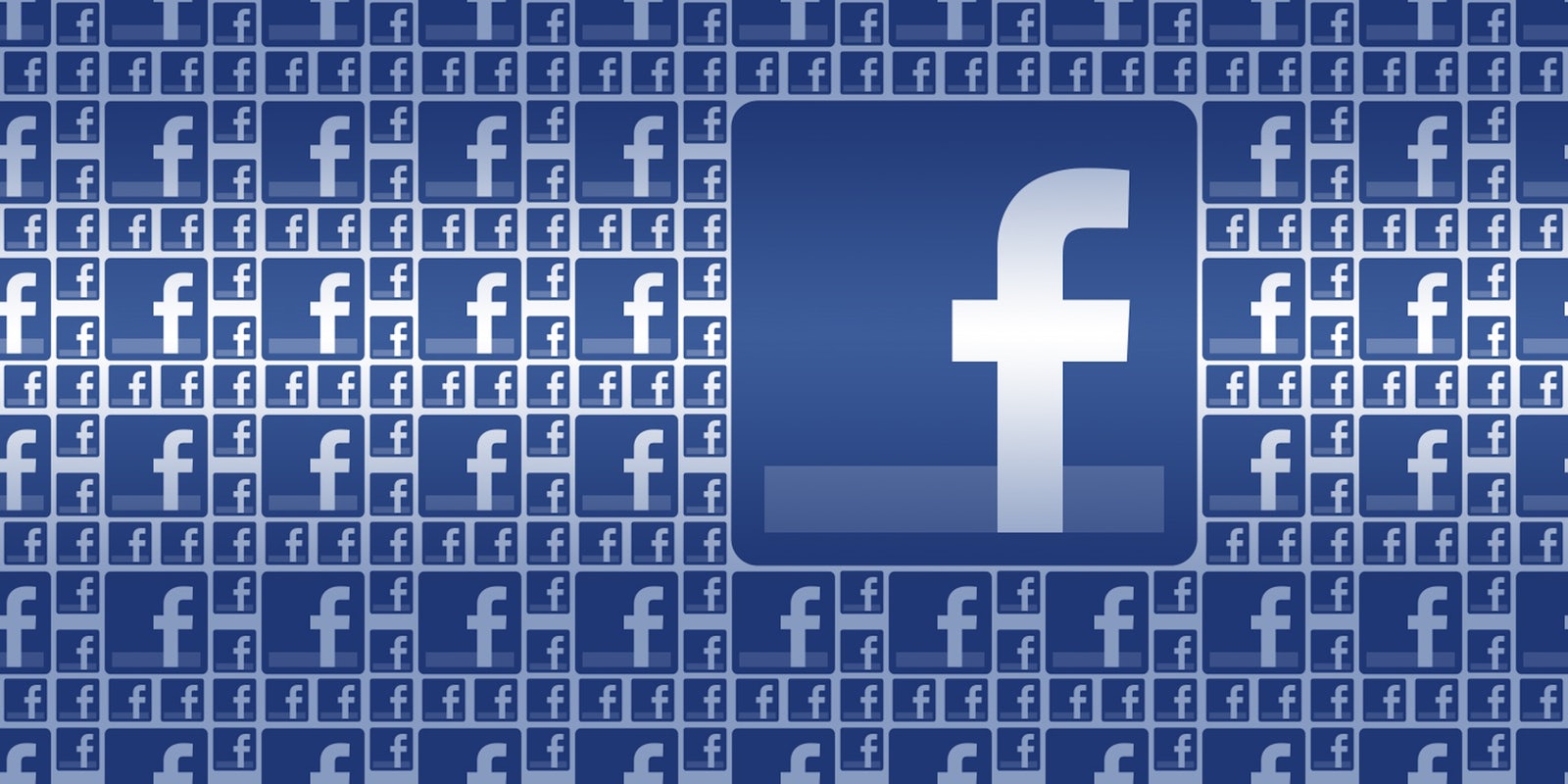Facebook might be trying to bring its controversial free internet program to the United States.
Mark Zuckerberg and co. are collaborating with government officials and cellphone carriers to develop a version of its Free Basics app for users in the U.S., according to a report in the Washington Post. Fundamentally, the idea of Free Basics is to bring free or cheap internet service to underserved communities through its app by enabling, in partnership with wireless providers, access to certain sites and apps without using any of their monthly data allotment.
The program is in place in 49 countries so far, and its rollout has not been without its bumps. India, for example, banned Free Basics this spring, saying it violated net neutrality principles by incentivizing some apps over others. Facebook’s revised plan for India—a program called Express Wi-Fi, unveiled in August—would offer cheaper access to the internet but maintain net neutrality by not “zero rating” (that is, exempting from data charges) one specific site or service.
Net neutrality rules, which are enforced by the Federal Communications Commission (FCC) in the U.S., prohibit internet service providers from treating any one type of internet data—say, a Netflix stream—different from another.
According to the Post’s anonymous sources, by communicating early and often with government officials, Facebook would ideally spare the company from “a costly repeat of [that] experience.”
“While we have nothing to announce,” Facebook said in a statement, “Facebook’s mission is to connect the world, and we’re always exploring ways to do that, including in the United States.”
And for the 15 percent of Americans who rely exclusively or primarily on a smartphone to access the internet, that’s good news.


